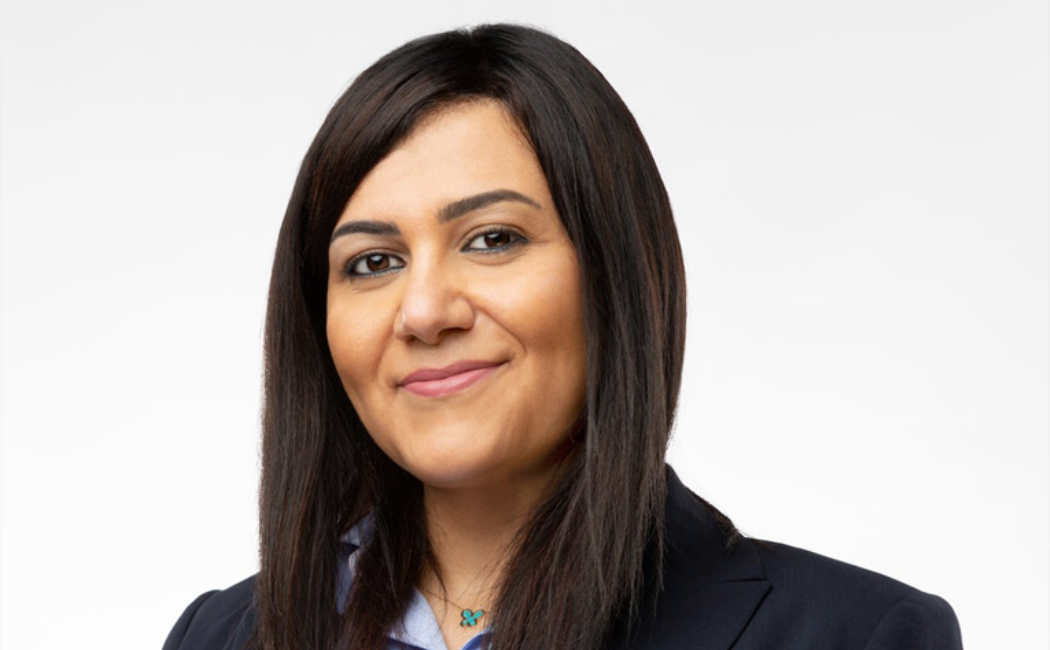


21 February, 2023
KAUST Professor of Chemistry Niveen Khashab has received one of the highest international awards in supramolecular chemistry, the 2023 Cram Lehn Pedersen (CLP) Prize in Supramolecular Chemistry.
Named in honor of the 1987 Nobel Prize in Chemistry winners—Donald James Cram, Jean-Marie Lehn and Charles John Pedersen—the CLP prize recognizes significant, original and independent work in the field of supramolecular chemistry. The CLP Prize is sponsored by ChemComm, the Royal Society of Chemistry's journal for urgent communications of outstanding significance across the chemical sciences.
Professor Khashab will give a talk at the 2023 International Symposium on Macrocyclic and Supramolecular Chemistry in Reykjavik, Iceland, this June, where she will receive the award and a monetary honorarium of £2,000.
“It is really a great honor to receive this prize that is named after the first three Nobel Prize winners in supramolecular chemistry. It is an international award, so the competition was extremely strong,” Khashab said of her award win.
An expert in functional material, the KAUST founding faculty specifically researches supramolecular chemistry and the self-assembly patterns of organic molecules. She specializes in the design, synthesis and applications of "smart" programmable nanomaterials, with an emphasis on the systems' encapsulation, controlled release and self-assembly.
Inspired by the model of evolutionary biological systems, Khashab’s laboratory, the Smart Hybrid Materials (SHMs) lab, is engaged in the design and synthesis of supramolecular assemblies at the nanoscale employing non-covalent and coordination interactions.
“These systems are designed with an emphasis on hierarchical assembly (evolution), porosity (ordered self-assembly) and stimuli-responsiveness (smart materials). They are utilized for biomedical (encapsulation, delivery and sensing), industrial (nanocomposites and coatings) and environmental (sustainable agriculture) platforms,” she explained.
Read the full story at: